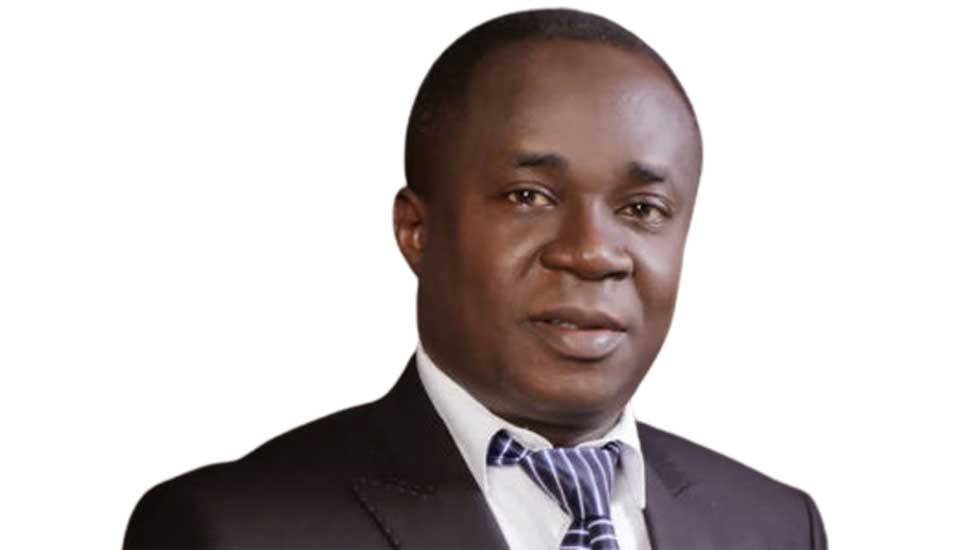NBS’ 4.1% Unemployment Rate Report Will Lead Govt To Wrong Economic Policy Decision —Uwaleke
The latest Labour Force Statistics Report released by the National Bureau of Statistics which put Nigeria’s unemployment rate at 4.1 per cent may lead to wrong economic policy decision, Nigeria’s first Professor of Capital Market Studies, Uche Uwaleke has said.
Uwaleke who is the President of the Association of Capital Market Academics of Nigeria said this to THE WHISTLER while reacting to the NBS unemployment report.
Advertisement
THE WHISTLER had reported that Nigeria recorded a decline in unemployment rate from 33.1 per cent reported in March 2021 to 4.1 per cent in the first quarter of 2023.
The Statistics Bureau had noted that the drop was not a result of creation of more jobs but a redefinition of the term unemployment in line with the International Labour Organisation’s (ILO) guideline.
In the report, the NBS defined employment as any labour for profit done for even an hour in seven days.
The report had stated that about three-quarters of working-age Nigerians were employed – 73.6 per cent in Q4 2022 and 76.7 per cent in Q1 2023.
Advertisement
But reacting to the NBS report, Uwaleke said that the figures may not reflect the true situation on ground owing to a number of reasons including the low sample size of under 40,000 persons used in the survey as well as the adoption of the International
Labour Organisation guidelines for employment computation
He said, “I think the unemployment number of 4.1 per cent for quarter 1 in 2023 recently announced by the NBS may not reflect the true situation on ground owing to a number of reasons including the low sample size of under 40,000 persons used in the survey as well as the adoption of the International Labour Organisation guidelines for employment computation which considers employment from the perspective of persons of working age who are engaged in some type of jobs for at least one hour in a week for pay or profit.
“Compared to the old methodology adopted by the NBS, this new methodology which includes apprentices is tantamount to significantly lowering the bar and could lead to wrong policy decisions by the government.
“Much as the ILO guidelines provides a basis for global comparison, it is important that Nigeria adopts country-specific guidelines which closely reflect unique employment conditions prevalent in the country.”
The NBS had in the Report stated that about one-third (36.4 per cent in Q4 2022 and 33.2 per cent in Q1 2023) of employed persons worked less than 40 hours per week in both quarters.
Advertisement
This, according to the NBS report, was most common among women, individuals with lower levels of education, young people, and those living in rural areas.
The underemployment rate which is a share of employed people working less than 40 hours per week and declaring themselves willing and available to work more was 13.7 per cent in Q4 2022 and 12.2 per cent in Q1 2023.
The NBS added that the share of wage employment was 13.4 per cent in Q4 2022 and 11.8 per cent in Q1 2023.
It said, “Most Nigerians operate their own businesses or engaged in farming activities. The shares are 73.1 per cent and 75.4 per cent in Q4 2022 and Q1 2023 respectively.
“A further 10.7 per cent in Q4 2022 and 10.6 per cent in Q1 2023 were engaged helping (without pay or profit) in a household business.
“In Q4 2022, 2.6 per cent were engaged as Apprentices/Interns and 2.2 per cent in Q1, 2023.”



